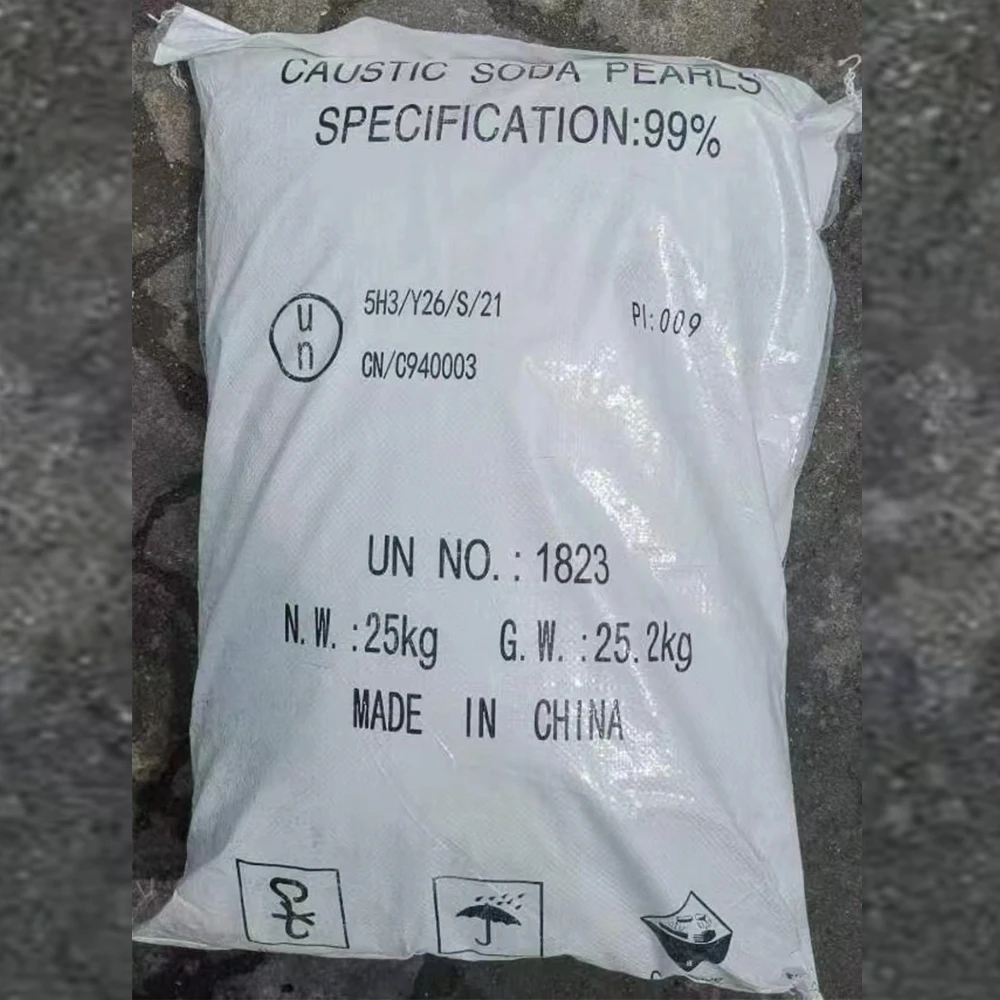



ph value for sodium hydroxide
Understanding the pH Value of Sodium Hydroxide
Sodium hydroxide (NaOH), commonly known as caustic soda, is a powerful alkaline compound that plays a crucial role in various industrial and household applications. With its strong basic nature, sodium hydroxide is known for its significant impact on pH levels in aqueous solutions. Understanding the pH value of sodium hydroxide solutions is fundamental for many scientific, industrial, and practical applications.
Understanding the pH Value of Sodium Hydroxide
Typically, a sodium hydroxide solution has a pH that can exceed 13, depending on its concentration. For instance, a 1 M solution of sodium hydroxide will have a pH around 14. This extreme alkalinity can pose safety risks, leading to corrosive hazards that can damage skin, eyes, and other materials. Therefore, when handling sodium hydroxide, it is imperative to wear appropriate personal protective equipment, such as gloves and goggles.
ph value for sodium hydroxide

The high pH value of sodium hydroxide has significant implications across various fields. In industrial processes, it is often utilized in water treatment, where it helps in adjusting pH levels to prevent corrosion and scaling in pipes and equipment. Additionally, sodium hydroxide is employed in the production of various chemicals, textiles, and even in the food industry for processes such as curing olives and making pretzels.
Moreover, understanding the pH implications of sodium hydroxide solutions is critical in environmental contexts. For instance, improper disposal of sodium hydroxide can significantly alter the pH of natural water bodies, leading to detrimental effects on aquatic ecosystems. It can cause severe harm to aquatic life by increasing alkalinity, which can disrupt biological processes.
In laboratories, sodium hydroxide solutions are commonly used in titrations to determine the concentration of acids. The endpoint of these titrations often occurs when the pH reaches neutral levels (around 7), highlighting the importance of accurately calculating and adjusting pH levels in chemical reactions.
In conclusion, the pH value of sodium hydroxide is a reflection of its strong alkaline properties, with far-reaching implications in diverse applications ranging from industrial processes to environmental chemistry and laboratory practices. A thorough understanding of sodium hydroxide’s effects on pH can aid in the responsible and effective use of this compound, ensuring both safety and functionality in its various applications. As with any powerful chemical, awareness and caution are key to harnessing its potential while minimizing risks.
-
Why Sodium Persulfate Is Everywhere NowNewsJul.07,2025
-
Why Polyacrylamide Is in High DemandNewsJul.07,2025
-
Understanding Paint Chemicals and Their ApplicationsNewsJul.07,2025
-
Smart Use Of Mining ChemicalsNewsJul.07,2025
-
Practical Uses of Potassium MonopersulfateNewsJul.07,2025
-
Agrochemicals In Real FarmingNewsJul.07,2025
-
Sodium Chlorite Hot UsesNewsJul.01,2025










